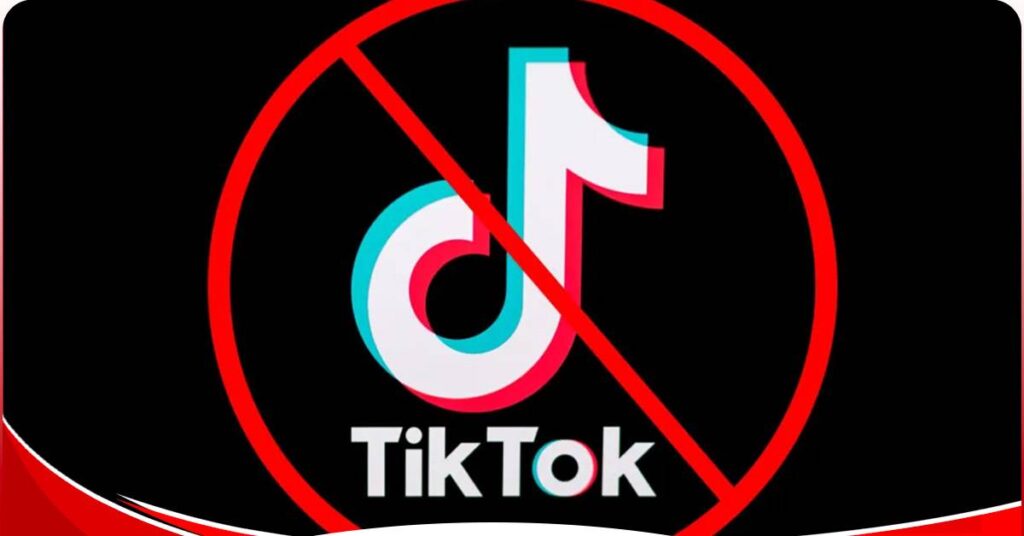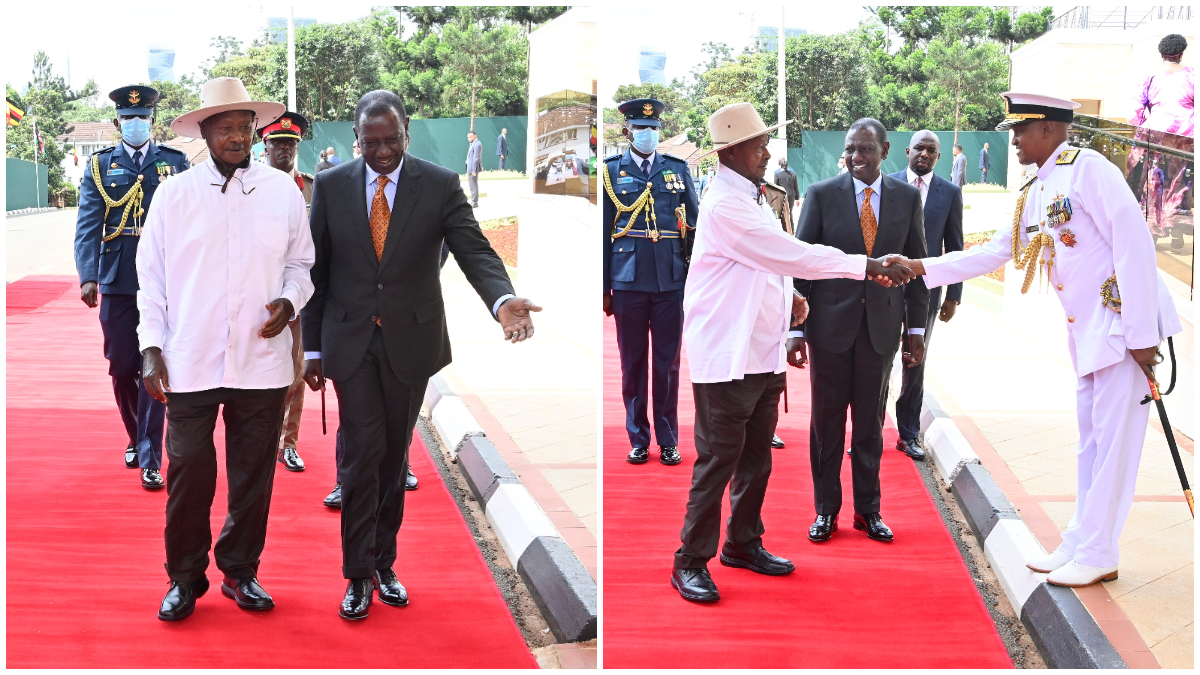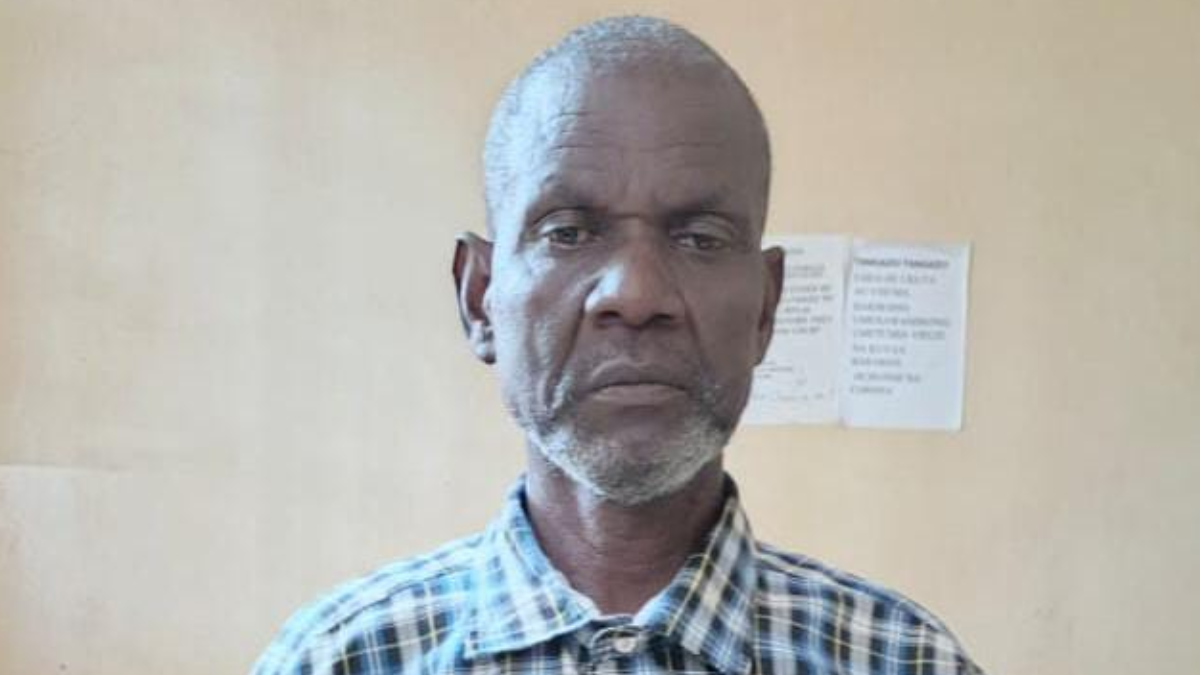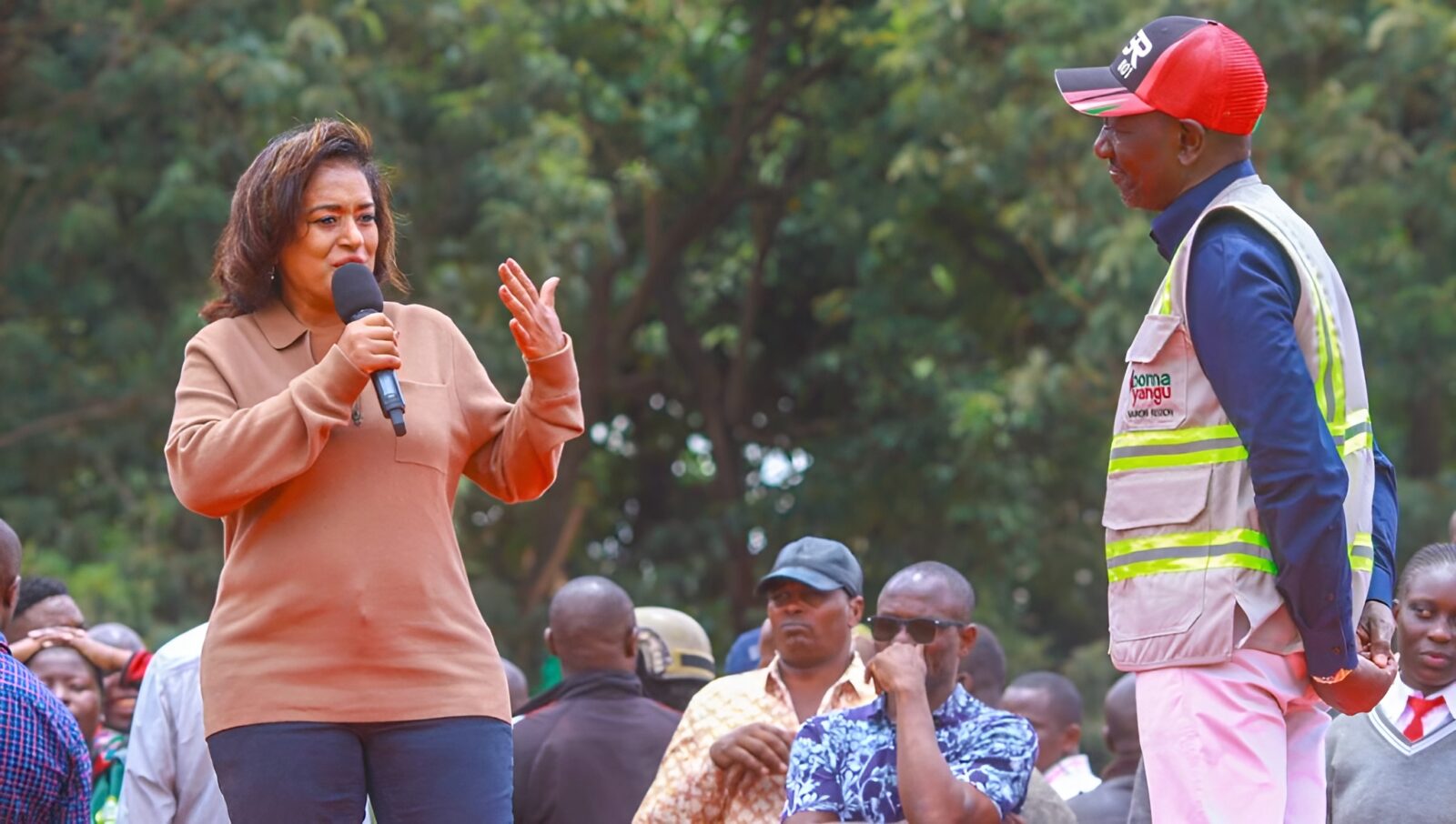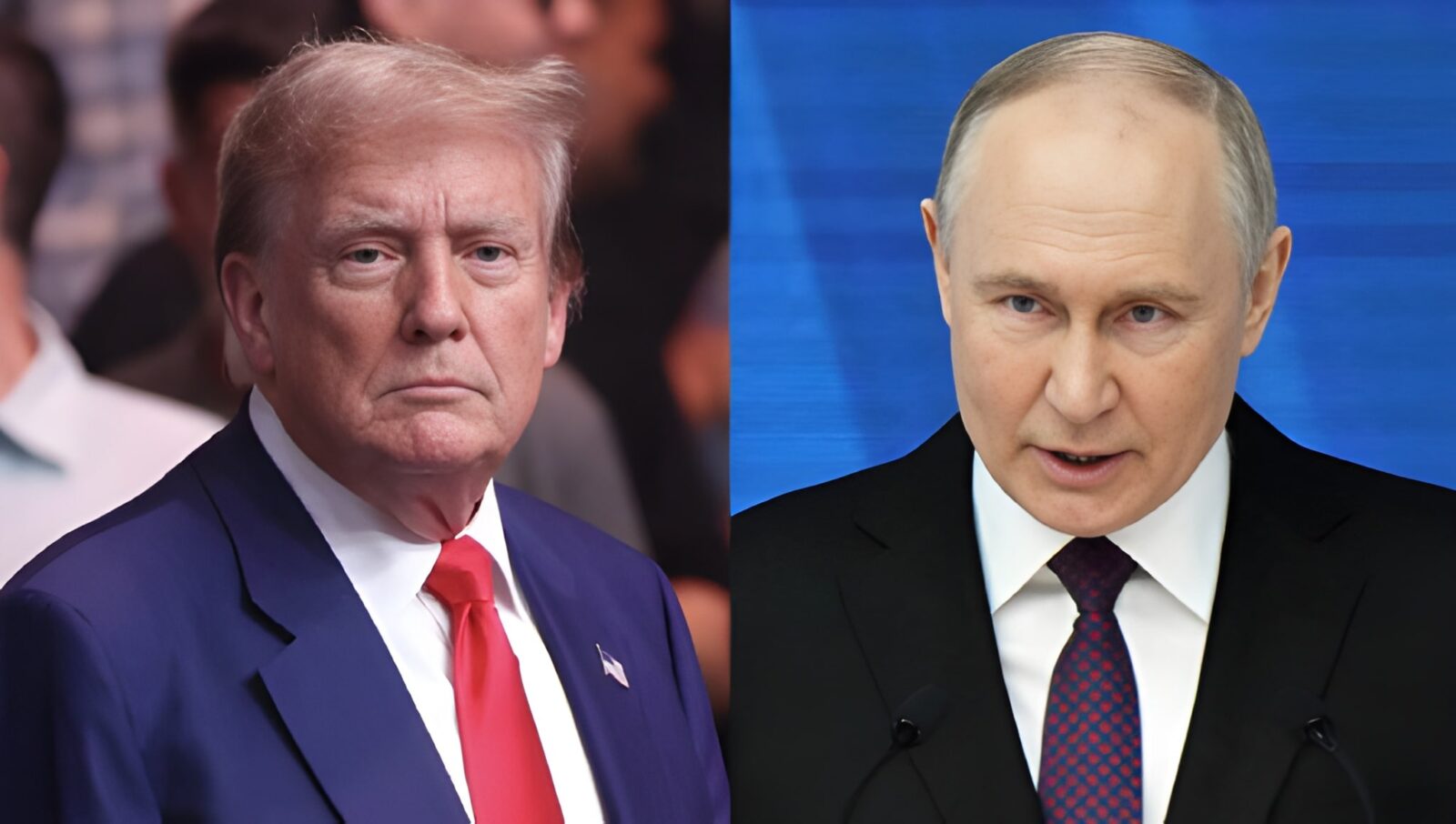U.S. President-elect Donald Trump has called on the U.S. Supreme Court to delay the enforcement of a law that would ban TikTok or force its sale.
The Supreme Court is scheduled to hear arguments in the case on January 10, 2025.
The law mandates that TikTok’s parent company, ByteDance, divest the App to a U.S.-based company or face a ban.
Congress approved the legislation in April 2024, setting a January 19 deadline for ByteDance to comply.
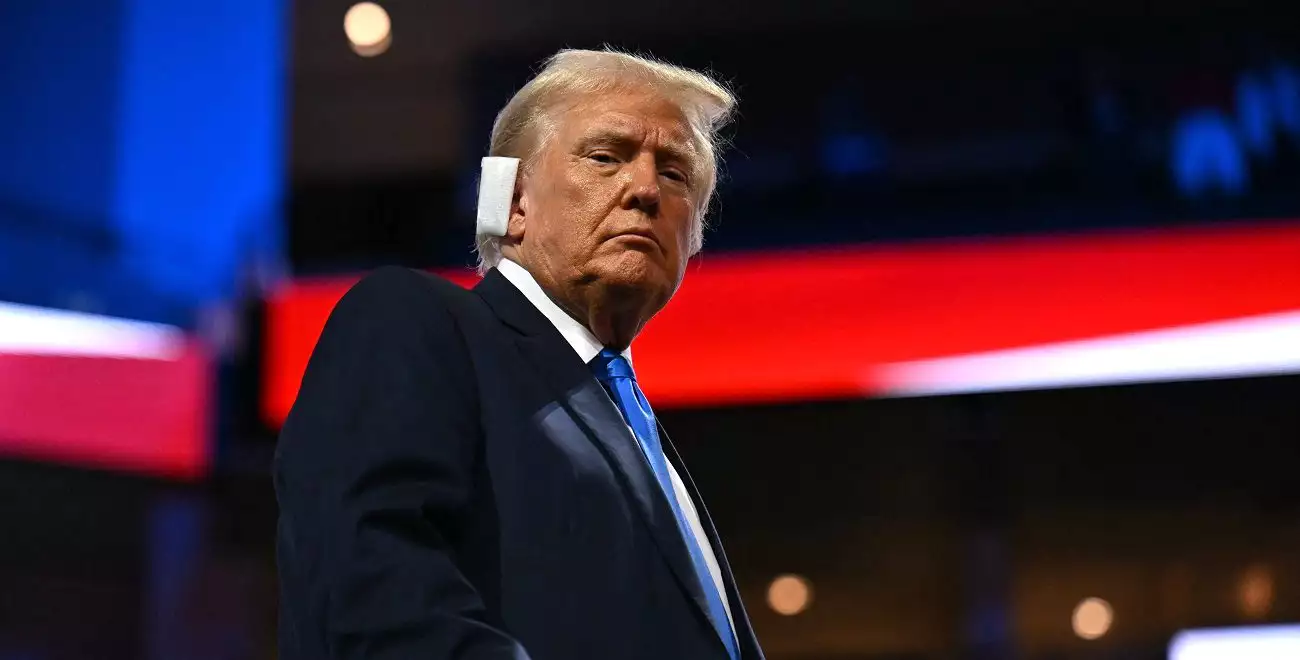
TikTok, with over 170 million U.S. users, and ByteDance are challenging the law, seeking to have it overturned.
Without a favorable court ruling or a completed divestment, the App could be banned in the U.S. starting January 19, just a day before Trump assumes office.
Trump’s stance marks a significant shift from 2020, when he sought to ban TikTok over its Chinese ownership and force its sale to American companies.
This change reflects TikTok’s recent efforts to build connections with Trump and his team during the presidential campaign.
“President Trump does not take a position on the merits of this case,” said D. John Sauer, Trump’s attorney and his nominee for U.S. solicitor general.
Sauer requested that the court extend the divestment deadline to January 19, 2025, allowing the incoming administration to explore a political solution.
In December, Trump met with TikTok CEO Shou Zi Chew, shortly after expressing a newfound appreciation for the platform, which he credited for helping him garner billions of views during his campaign.
TikTok is yet to respond to the latest developments. The company has previously argued that its U.S. operations, including data storage and content moderation, are independent of Chinese control, with data stored on Oracle Corp’s cloud servers and decisions made domestically.
Free speech advocates have criticized the law, likening it to censorship tactics employed by authoritarian regimes.
Meanwhile, the U.S. Justice Department maintains that Chinese ownership of TikTok poses a national security risk, a view shared by most lawmakers.
On December 27, 2024, Montana Attorney General Austin Knudsen and 22 other attorneys general filed an amicus brief urging the Supreme Court to uphold the divestment-or-ban law.


